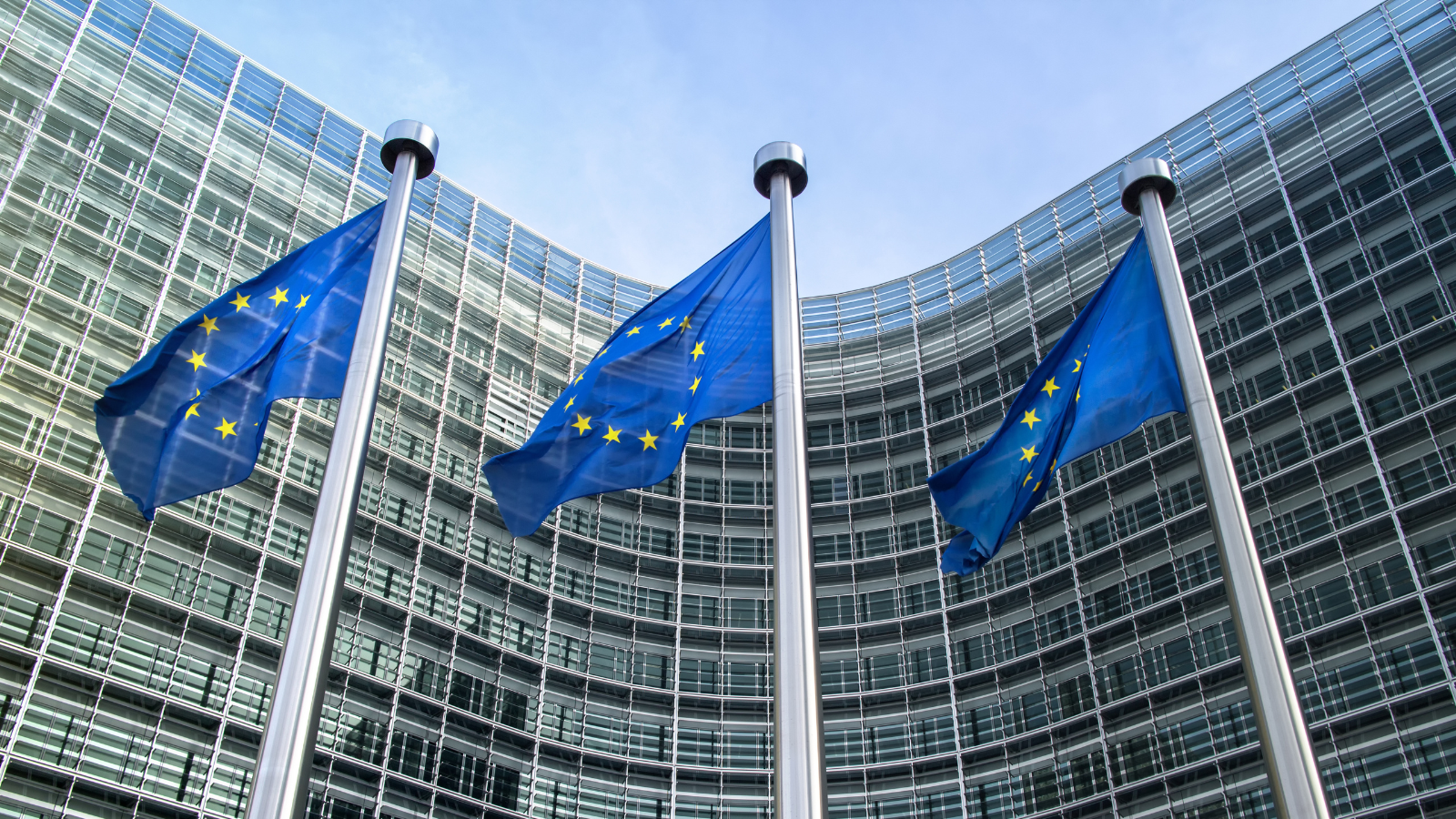Links
Next content
Read more
How real will the metaverse be? Exploring the spatial impact of virtual worlds
This paper presents a preliminary analysis of the potential impacts of the metaverse on various technologies, firms, and industries. The authors explore different scenarios for the future of the metaverse and aim to derive...
In a blog post published on Kluwer Patent Law Blog, Research Associate Niccolò Galli shares preliminary considerations on the Regulation on Standard Essential Patents recently proposed by the European Commission.
On 27 April, about a month after an unofficial leaked version, the European Commission published the highly-contentious Standard Essential Patents (SEPs) Regulation Proposal. The Proposal aims to facilitate SEP licensing by increasing transparency over SEPs, reducing information asymmetries between SEP licensors and implementers and facilitating the agreement on Fair, Reasonable and Non-Discriminatory (‘FRAND’) licenses. Such a regulation would innovate the legal framework for licensing SEPs in Europe that so far rested on Arts. 101 and 102 of the TFEU, particularly on the Horizontal Cooperation Guidelines, currently under review, and the Huawei v ZTE abuse of dominance case law.
As for other EU laws harmonising intellectual property rights across Member States (such as the Intellectual Property Rights Enforcement Directive), the Commission uses Art. 114 of the TFEU to remove obstacles to the proper functioning of the internal market. If enacted, the Proposal would impose the registration of patents deemed standard-essential in an electronic register held by the EU Intellectual Property Office (EUIPO) for the patentee to enforce its rights in the EU. Furthermore, it would entrust the EUIPO to administer non-binding procedures to assess the essentiality of registered SEPs, establish global aggregate royalty rates for standards implementations, and determine actual FRAND licenses. In practice, SEPs validated in Member States would become a special type of patent subject to a sui generis intellectual property rights system with substantial extra-territorial effects.
Continue reading on Kluwer Patent Law Blog
Join the discussion on the SEP Proposal at our upcoming webinar!

